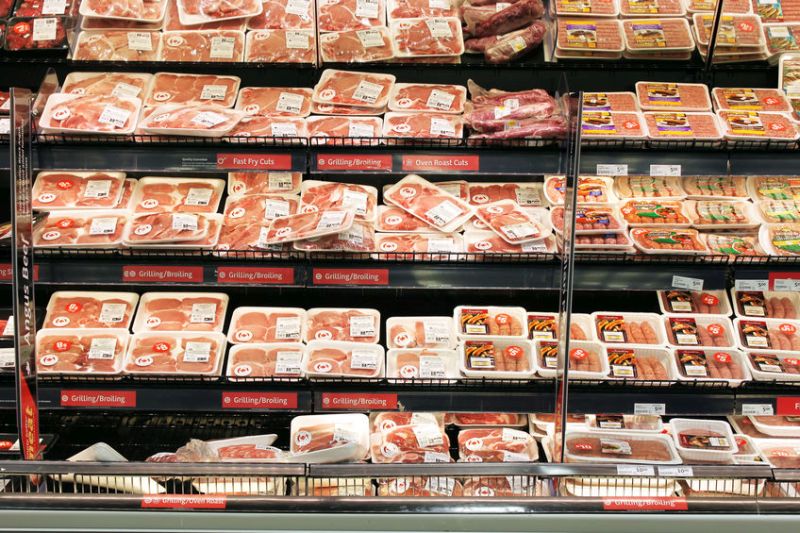
There is no 'consistent evidence' to suggest that red meat, or any one food, causes cancer, according to an industry body.
Quality Meat Scotland (QMS), a non-departmental public body of the Scottish government, has responded to the results of a study linking red meat to cancer published this week.
Scientists from University of Oxford have shown that people eating around 76g of red and processed meat a day - which is roughly in line with government recommendations - still had a 20% higher chance of developing bowel cancer than those who only ate about 21g a day.
But QMS said it was important to recognise there is no consistent evidence that red meat causes cancer.
Pointing out that other UK studies have found no statistical differences in mortality rates or bowel cancer risks between meat eaters and vegetarians, the industry body said the report highlights a range of other factors which have an impact on the risk of bowel cancer.
The most significant of these highlighted in the new study, published in the International Journal of Epidemiology, are age, genetics, lack of dietary fibre, inactivity and high alcohol consumption.
Participants with the highest intake of fibre from bread and breakfast cereals had a 14% lower risk of colorectal cancer and the impact of alcohol was also significant and was associated with an 8% higher risk.
Alan Clarke, Chief Executive of QMS, said: “What we do know is that red meat contributes significantly to a healthy diet as a source of nutrients such as protein, iron, zinc, vitamin D and B vitamins.
“We also know that avoiding red meat can be detrimental to health – for example around 40% of women and teenage girls have iron intakes which are too low.”
